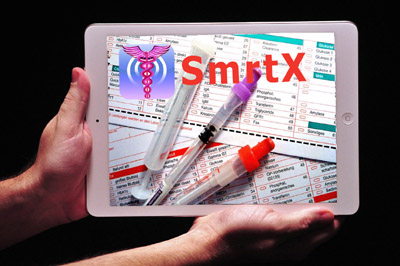Understanding of Blood works values reference
 Published: 19 May 2024
Published: 19 May 2024
There are detailed procedures that each sample goes through.
At the end of which the results are constantly verified and cross-checked to ensure that only the most accurate results are given. One of the main concerns with lab blood test analysis is the reliability of the outcomes of the tests. Therefore there is an increasing dependence on evidence-based medicine. Given that these results are what form the basis of diagnosis as well as treatment. With the way medical research is developing medical professionals can find it hard to keep up. This is where a collection of information related on in-depth research on an illness or condition is put together for the benefit of doctors, who can then streamline their courses of treatment.
These tests are used to find out if you've had a heart attack and/or if your heart muscle is damaged.
Blood tests to check for heart disease. Common ones include:
Complete blood count (CBC). These include cholesterol tests and a triglyceride test.
Blood clotting tests, also known as a coagulation panel. Enzymes are substances that control chemical reactions in your body. This is a group of tests that measure certain chemicals in your blood, including glucose, calcium, and electrolytes.
Blood enzyme tests. A CBC is often included as part of a regular checkup.
Basic metabolic panel. Blood work is often included as part of a regular checkup. Your organs include your liver, kidneys, heart, and thyroid.
Help diagnose bleeding or clotting disorders
Find out if your immune system is having trouble fighting infections
What are the different types of blood tests?
There are many different types of blood tests. Some of the most common types are troponin and creatine kinase tests. Blood testing, also known as blood work, is one of the most common types of lab tests. Blood tests are used to measure or examine cells, chemicals, proteins, or other substances in the blood. There are many types of blood enzyme tests. This test measures different parts of your blood, including red and white blood cells, platelets, and hemoglobin. Blood tests are also used to:
Help diagnose certain diseases and conditions
Monitor a chronic disease or condition, such as diabetes or high cholesterol
Find out if treatment for a disease is working
Check how well your organs are working. These tests can show if you have a disorder that causes too much bleeding or too much clotting.
 Published: 19 May 2024
Published: 19 May 2024